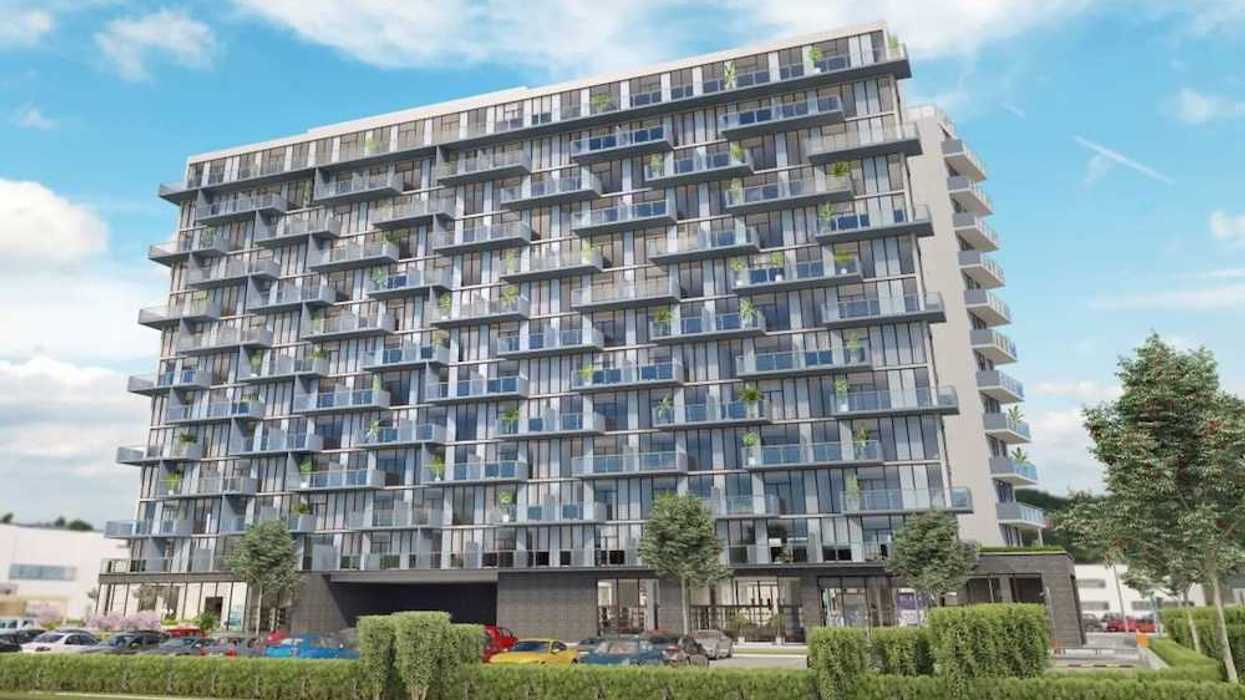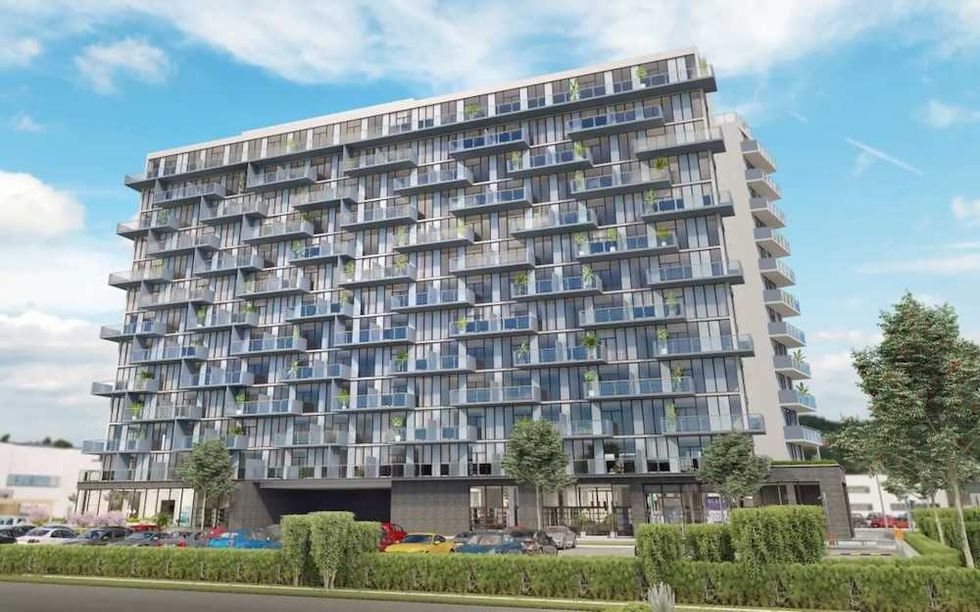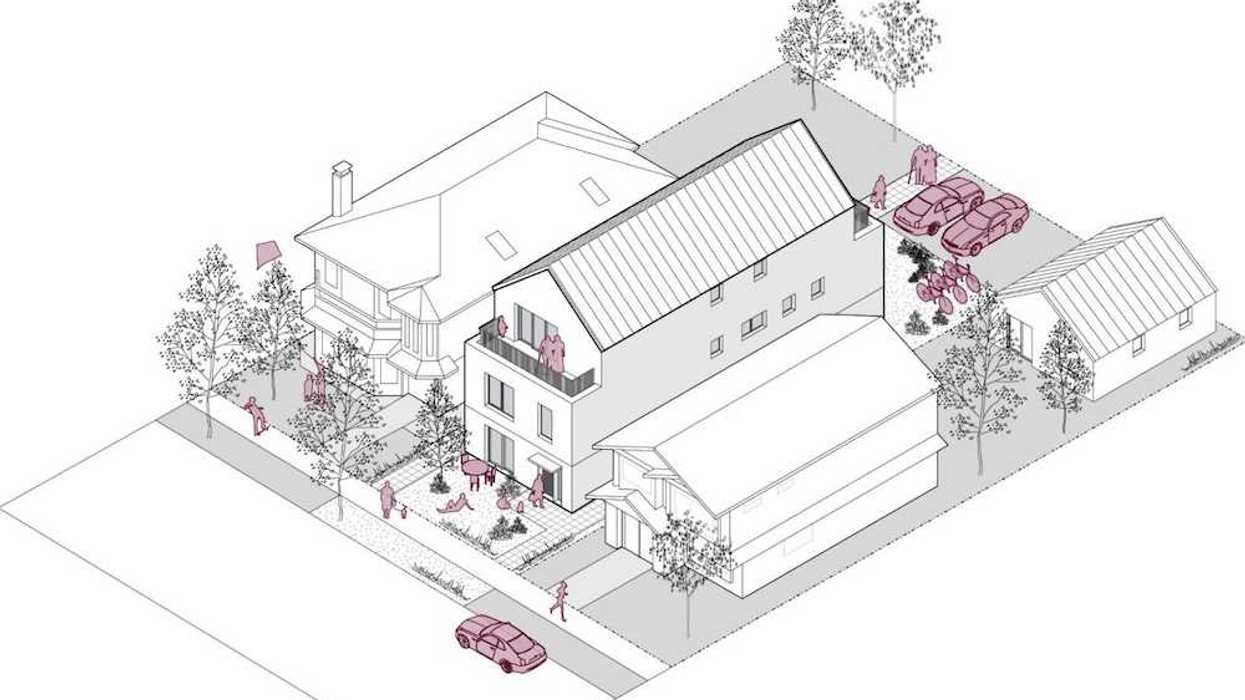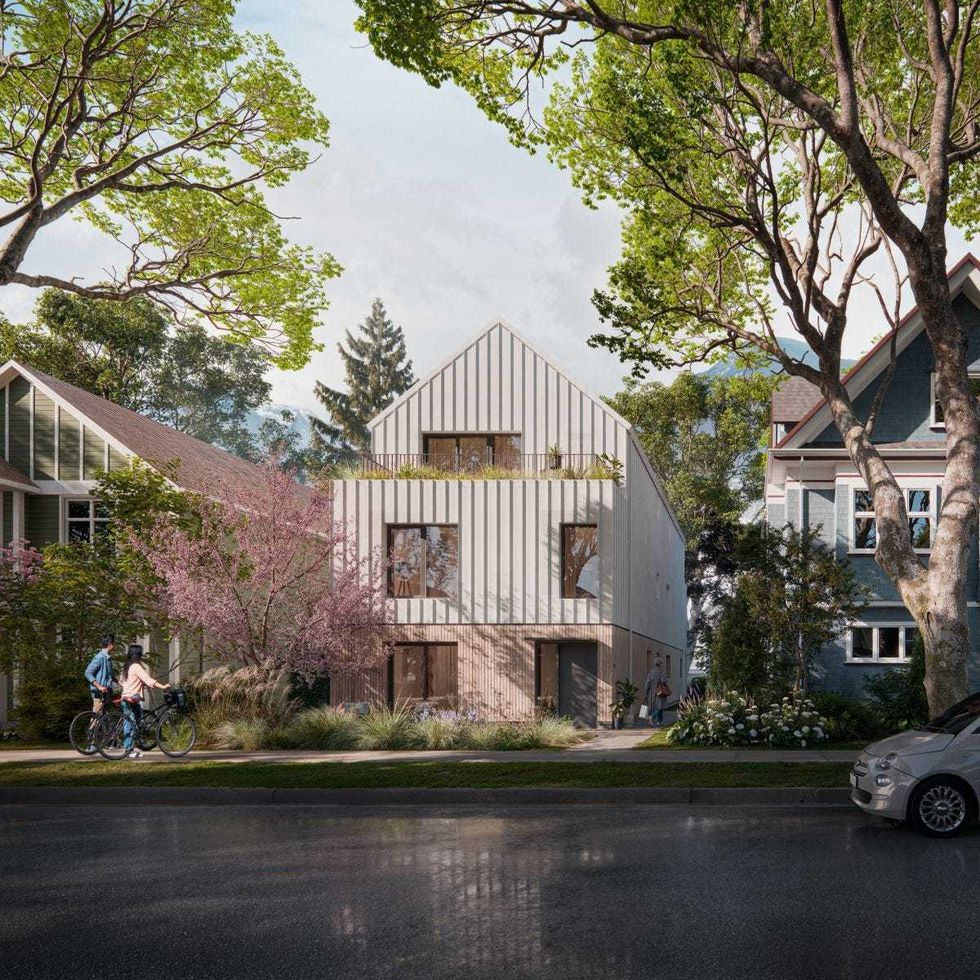Urban Planning
Explore urban planning in Canadian real estate — how it affects zoning, growth, development, and long-term investment strategy.

June 23, 2025
What is Urban Planning?
Urban planning is the process by which municipalities and regional governments design and regulate land use, infrastructure, and community development to support orderly growth and sustainability.
Why Urban Planning Matters in Real Estate
In Canadian real estate, urban planning determines what can be built where, influencing zoning, density, transportation, green space, and housing supply.
Urban planning includes:
- Official community plans (OCPs)
- Zoning bylaws and overlays
- Transit-oriented development (TOD)
- Infrastructure and amenity planning
- Environmental and heritage preservation
It guides development timelines, shapes neighbourhood character, and impacts long-term property values.
Understanding urban planning is essential for developers, investors, and buyers who want to anticipate land use changes or future growth potential.
Example of Urban Planning in Action
The city’s urban planning strategy includes new zoning to support mid-rise buildings near light rail stations, enabling denser residential development.
Key Takeaways
- Shapes land use and community growth
- Includes zoning, infrastructure, and density plans
- Affects housing supply and property values
- Key for developers and long-term investors
- Implemented by municipal and regional governments
Related Terms
- Zoning
- Official Plan
- Transit-Oriented Development
- Land Use Bylaws
- Housing Supply

 The LJM Tower at 2782 Barton Street East in Hamilton in June 2025. (Google Maps)
The LJM Tower at 2782 Barton Street East in Hamilton in June 2025. (Google Maps) Ontario Premier Doug Ford and LJM Developments President Liaquat Mian. (LJM Developments)
Ontario Premier Doug Ford and LJM Developments President Liaquat Mian. (LJM Developments)










 CREA
CREA
 Liam Gill is a lawyer and tech entrepreneur who consults with Torontonians looking to convert under-densified properties. (More Neighbours Toronto)
Liam Gill is a lawyer and tech entrepreneur who consults with Torontonians looking to convert under-densified properties. (More Neighbours Toronto)

 Eric Lombardi at an event for Build Toronto, which is the first municipal project of Build Canada. Lombardi became chair of Build Toronto in September 2025.
Eric Lombardi at an event for Build Toronto, which is the first municipal project of Build Canada. Lombardi became chair of Build Toronto in September 2025.

 A rendering of the “BC Fourplex 01” concept from the Housing Design Catalogue. (CMHC)
A rendering of the “BC Fourplex 01” concept from the Housing Design Catalogue. (CMHC)